
Independent Analogue
and Digital Arts since 1985
Don't use the simplified
view prompt
Artificial intelligence (AI) is a
rapidly growing field of technology with potentially
significant implications for national security. As
such, the United States and other nations are
developing AI applications for a range of military
functions. AI research is underway in the fields of
intelligence collection and analysis, logistics, cyber
operations, information operations, command and
control, and in a variety of semi-autonomous and
autonomous vehicles. Already, AI has been
incorporated into military operations in Iraq
and Syria.

Congressional action
has the potential to shape the technology’s
development further, with budgetary and legislative
decisions influencing the growth of military
applications as well as the pace of their adoption.
AI technologies present unique challenges for
military integration, particularly because the bulk
of AI development is happening in the commercial
sector. Although AI is not unique in this regard,
the defense acquisition process may need to be
adapted for acquiring emerging technologies like AI.
In addition, many commercial AI applications must
undergo significant modification prior to being
functional for the military.

A number of cultural issues also challenge AI
acquisition, as some commercial AI companies are
averse to partnering with the Department of Defense
(DOD) due to ethical concerns, and even within the
department, there can be resistance to incorporating
AI technology into existing weapons systems and
processes.Potential international rivals in the AI
market are creating pressure for the United States
to compete for innovative military AI applications.
China is a leading competitor in this regard,
releasing a plan in 2017 to capture the global lead
in AI development by 2030. Currently, China is
primarily focused on using AI to make faster and
more well-informed decisions, as well as on
developing a variety of autonomous military
vehicles. Russia is also active in military AI
development, with a primary focus on robotics.
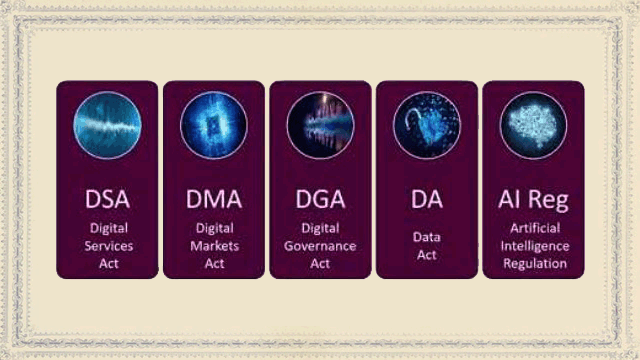
==================================================================================
Systems That Think Rationally
“The study of computations that make possible to
perceive, reason, and act.”
Winston, 1992
==================================================================================
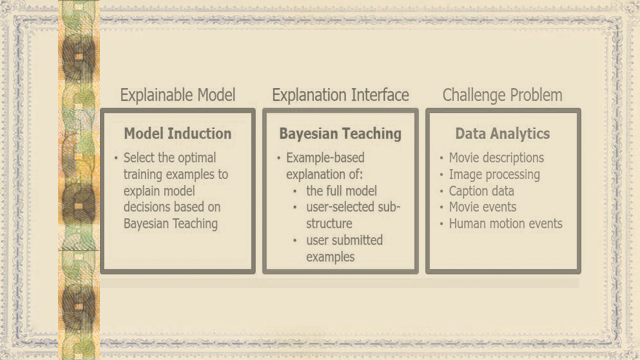
==================================================================================
Systems That Act Like
Humans
“The art of creating machines that perform
functions
that require intelligence when performed by
people.”
Kurzweil, 1990
==================================================================================
==================================================================================
==================================================================================
==================================================================================
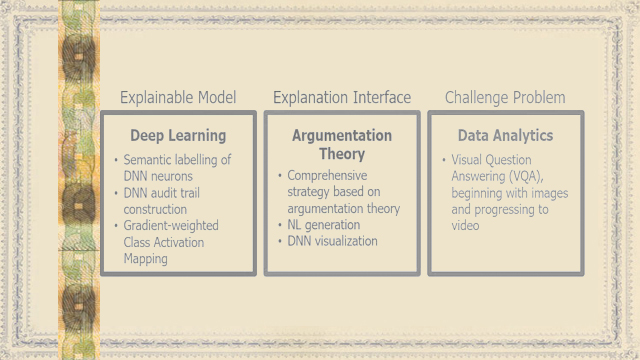
==================================================================================
The U.S. Chamber of Commerce supports the European Union’s desire to strengthen its digital economy and expand the benefits of digitization to more of its citizens.Indeed, a thriving European digital sector would be beneficial for the many U.S. companies who are heavily invested in Europe, employing hundreds of thousands of workers across the continent, as well as those for whom digital trade has opened new markets. Indeed, the transatlantic digital relationship is already a huge success story: the EU and the U.S. are the two largest net exporters of ICT-enabled services in the world, and two-way trade in such services in 2020 totaled $57 billion.
At the same time, we are concerned about the extent to
which some EU policymakers seek to bolster the EU’s
digital competitiveness at the expense of major American
investors in Europe. The EU is proposing rules that may
appear to afford formally identical treatment for all
companies but that are in fact carefully crafted to
apply to a select number of U.S.-headquartered firms
exclusively. WTO rules clearly prohibit this kind of
discriminatory treatment as a violation of national
treatment obligations the EU and its member states have
assumed. Moreover, such an approach risks creating
unnecessary frictions in the transatlantic relationship
at a time when greater transatlantic coordination is
needed, especially on issues related to technology
policy.
==================================================================================
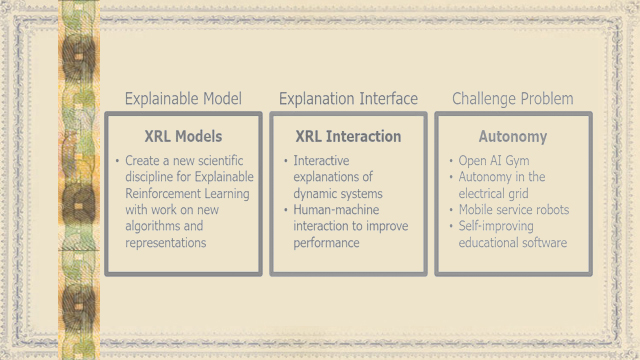
human thinking, activities such as decision making,
problem solving, and learning.”
—Bellman, 1978
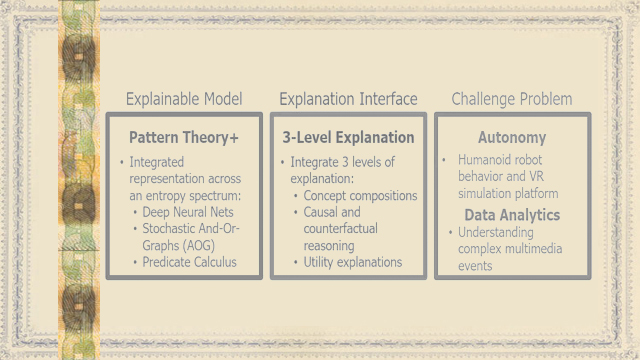
The Chamber appreciates that the digital transformation of the economy raises significant public policy questions that merit serious consideration and debate. However, it is far from clear that a horizontal “one-size-fits all” approach to competition policy and platform regulation, as contemplated in the proposed Digital Markets Act (DMA), is the right answer. Indeed, as Europe, the United States, and other countries consider many of the same questions, a considered approach that engages stakeholders and policymakers from other markets throughout the process is essential to avoid unintended market disruptions which could undermine competition.
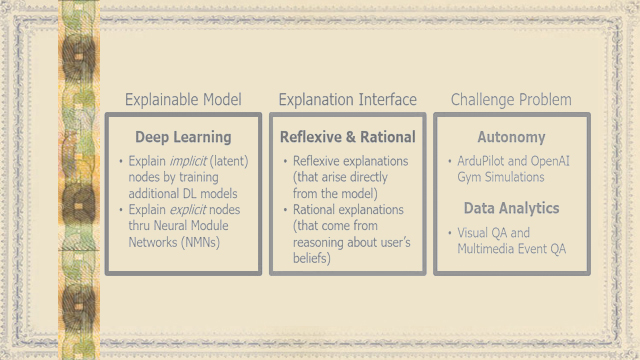
==================================================================================

TH.R.9146 - Free Speech Protection Act. Civil Rights, and Civil Liberties and a Lot to do here, cause the future is a dynamic process paid by civil societies foremost life energy. Life has become dangerous on planet earth.
==================================================================================


The Internet does not belong to Google
==================================================================================
Feel free to
contact me and i will respond as soon as
possible.
General Requests: wurch936@gmail.com
Copyrights
Heyo Wurch 1985 - 2024 All rights
reserved.
시험관과대광고 / витрохайп / 體外炒作
/ ビトロハイプ / فيتروهيب
==================================================================================